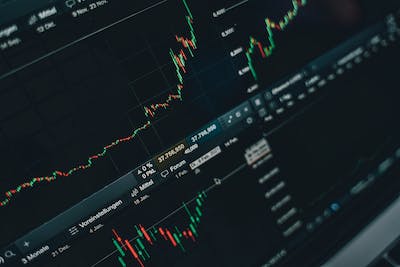Things To Learn In Forex

Risk Management in Forex Trading for Sustainable Success
April 29, 2014
Currencies That We Trade In Forex
May 1, 2014Certainly, there are several important things to learn in the world of forex (foreign exchange) trading. Here are some key areas to focus on:
-
Market Fundamentals: Understand how the forex market operates, including its participants, trading sessions, and the factors that influence currency prices, such as economic indicators, geopolitical events, and central bank policies.
-
Currency Pairs: Learn about different currency pairs and how they are quoted. Major pairs, minor pairs, and exotic pairs all have their own characteristics and behavior in the market.
-
Technical Analysis: Study chart patterns, trends, support and resistance levels, indicators, and oscillators. Technical analysis helps traders predict price movements based on historical data.
-
Fundamental Analysis: Gain knowledge of economic indicators, interest rates, inflation, and other macroeconomic factors that impact currency values. Fundamental analysis focuses on understanding the broader economic environment.
-
Risk Management: Learn how to manage risk by setting stop-loss and take-profit levels, calculating position sizes, and adhering to risk-reward ratios. Effective risk management is crucial to preserving your capital.
-
Trading Strategies: Explore different trading strategies, such as day trading, swing trading, and scalping. Each strategy has its own time horizon, risk profile, and approach to the market.
-
Leverage and Margin: Understand how leverage works and its potential benefits and risks. Leverage amplifies both gains and losses, so it's important to use it wisely.
-
Trading Platforms: Familiarize yourself with trading platforms, as they are your gateway to executing trades. Learn how to place orders, use charts, and access relevant data.
-
Demo Trading: Practice trading in a demo account before using real money. This helps you get comfortable with the platform, test strategies, and build confidence.
-
Psychology of Trading: Develop the right mindset for trading. Emotional discipline, patience, and the ability to handle losses are essential for long-term success.
-
Keeping Up with News: Stay informed about global events, economic announcements, and political developments that can impact currency markets.
-
Backtesting: Test your trading strategies using historical data to evaluate their performance over time. This helps you fine-tune your approach before applying it to live trading.
-
Continuous Learning: The forex market is constantly evolving. Stay updated on new trading techniques, market trends, and changes in regulations.
-
Trading Plan: Create a well-defined trading plan that outlines your goals, risk tolerance, strategy, and rules for entering and exiting trades.
-
Broker Selection: Research and choose a reliable and reputable forex broker that offers suitable trading conditions, customer support, and a user-friendly platform.
Remember that forex trading carries a substantial risk of loss, and it's essential to invest time in learning and practicing before committing real funds.


